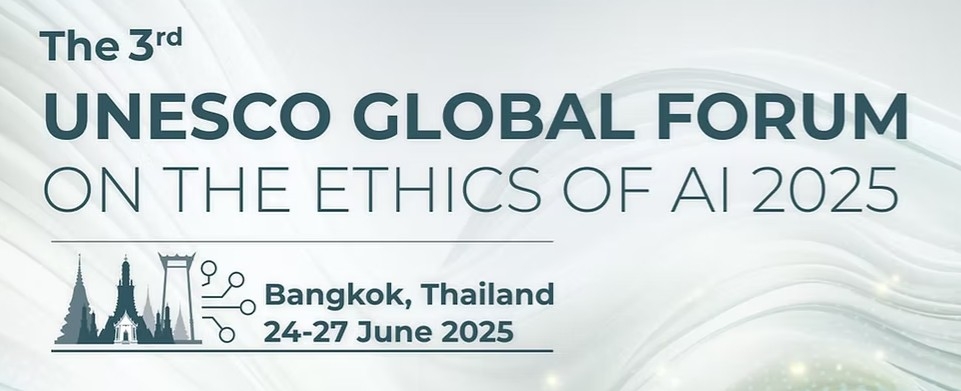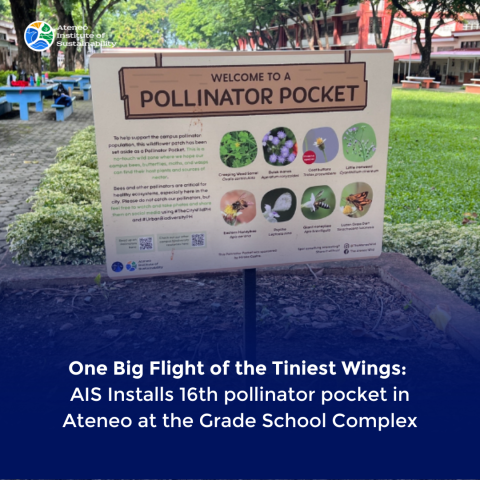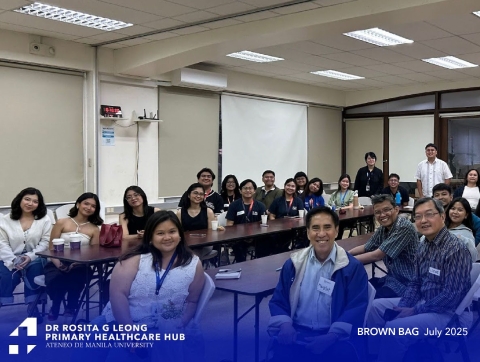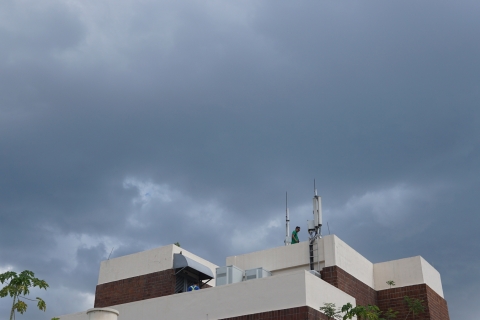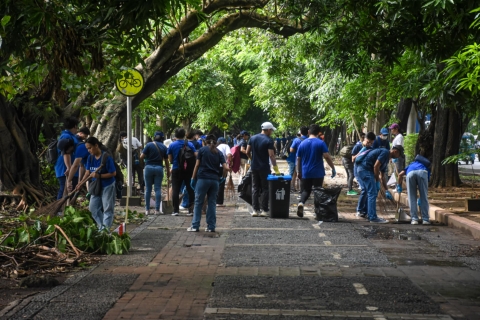UNESCO Global Forum on the Ethics of AI 2025: Advancing Global Dialogue in Bangkok
03 Jul 2025
From 24 to 27 June 2025, Bangkok, Thailand, hosted the 3rd UNESCO Global Forum on the Ethics of Artificial Intelligence (AI), bringing together experts, policymakers, and scholars from around the world to discuss the evolving ethical landscape of AI technology.
Building on the foundation laid by UNESCO’s 2021 Recommendation on the Ethics of AI, the forum highlighted significant achievements in AI ethics over the past four years. It emphasized the urgent need for actionable initiatives to address ongoing and emerging ethical challenges.
Co-hosted by the Government of Thailand, this vibrant event served as a global platform for dialogue, collaboration, and innovation in AI policy and ethics. Attendees explored issues such as fairness, transparency, accountability, privacy, and the societal impact of AI technologies across diverse contexts.
Professor Emeritus Emma Porio, a distinguished sociologist, played a key role in the forum’s proceedings. She moderated the keynote address delivered by Professor Dr. Peter Schlosser—an esteemed AI ethics scholar with an impressive Google Scholar citation index of 80—guiding a thought-provoking discussion on the ethical considerations shaping AI development.
Prof Porio also presented her research at the UNESCO Global Forum, focusing on the ethical use of AI in climate risk assessments (CRA) in Asia-Pacific cities. She highlighted that many CRA tools, designed with data from the Global North, overlook informal settlements in vulnerable Asian cities, leading to incomplete risk assessments and exclusion from adaptation plans.
Porio emphasized that this exclusion worsens inequalities and leaves vulnerable communities unprotected during disasters. She called for involving local stakeholders, using local data, and integrating indigenous knowledge to make CRA tools more inclusive and effective in building climate resilience. She noted “Informal settlements are frequently omitted from these analyses, despite being situated in hazard-prone areas like floodplains and coastal zones.” “This invisibility means vulnerable populations are often left out of national adaptation plans.”
Image Credits : Unesco Forum Website | https://www.globalforumethicsai.com/


